Studying Medicine in Germany: Structure, Requirements & Tips
- Categories All Study in Abroad Blogs, Studying Abroad
- Date June 18, 2024
With state-of-the-art infrastructure, quality education and low cost of education, Germany attracts class-apart education and career prospects. It is recognised for its excellence, innovation and research worldwide. In effect, it is one of the most sought-after study destinations for international students. Over a million students apply to study at its over 400 prestigious universities every year. Factually, a large portion of them are Indians. From engineering to health sciences, from law to information technology. They offer remarkable theoretical and practical learning in more than 20,000 study programs.
Particularly, medicine and related courses have a high demand in Germany. The country has universities explicitly dedicated to the knowledge, research and innovation of the field. These universities rank amongst the top universities in the world for Clinical Medicine in the US News Subject Rankings. International students can pursue courses in medicine, veterinary, dentistry and pharmacy. After graduation with an affordable yet exceptional degree, students can stay back to gain work experience under some of the leading organisations in the world. Let’s discuss the German education system further with its course structure, admission and visa requirements, and more.
Course Duration and Fee
A standard course in Medical Science at a German university can take 6 years and 3 months. Taking this course at a public university is typically free. Whereas private universities charge about 50,000 to 100,000 EUR as tuition fees. In other words, it could cost about INR 45 Lakh to INR 90 Lakh. Post graduation, specialisation and courses with extensive research may cost even higher. By the end of their course, students must take a Staatsexamen (state exam) to obtain a license to practice. With this license and a relevant work permit, graduates can work as an approbation (GP or General Physician or take up a job at the hospital or any other health centre.
Read more: Better Place to Study – UK or Germany?
Choice of Universities
Notably, the majority of medical universities in Germany are public. Not only do they have free education but also strong networks within the industry. International students can pursue UG, PG and doctoral courses in their comprehensive infrastructure. While the structures of a certain program may be the same, the training at different universities varies. Some courses also include more practical learning with earlier contact with patients. Universities like RWTH Aachen University, the University of Augsburg, Charité – Universitätsmedizin Berlin and Ruhr-Universität Bochum offer this feature. Not only that, they are among the best medical universities in Germany. Heinrich Heine University Düsseldorf and LMU – Ludwig-Maximilians-Universität München have the highest number of seats. The latter, however, doesn’t offer that feature.
Read more: Top Cities to Study in Germany
Eligibility and Requirement
Notably, all undergraduate courses are taught in the German language only except UMCH Hamburg. However, MBBS programs encourage the English language in lectures, directions and other instructions. Hence, UG students must plan to excel in the language in order to make the most out of their courses. In effect, the students need to demonstrate their German language proficiency. They can choose from a DSH (Deutsche Sprachprüfung für den Hochschulzugang), TestDAF (Test Deutsch als Fremdsprache) or Goethe-Zertifikat C2. Whichever they do, a minimum grade of B1 is admissible.
They further need to take the Test for Medical Studies (TMS) or Test fur Medizinische Studiengange. This entrance test weighs students’ aptitude in special courses of medicine, dentistry, pharmacy and veterinary sciences. The registration of the test is only available between December and January. Apart from its limited availability, an applicant can only appear for the test once. Even if not mandated by some universities, these tests provide the applicant with a competitive edge.
Read more: Secure admission to the top German university
Application Process
The admission process for a German medical university is quite simple. Unlike other bachelor programs, their applications are done through a special channel called Stiftung für Hochschulzulassung. After choosing the course and the university, students must present their supporting documents. This includes their academic records and transcripts like high school or graduate mark sheets, German language test certificates and TMS results. They further need to update their financial documents to verify that they can uphold a decent lifestyle during their course in Germany. Students need a maintenance fund of about 11,200 EUR or INR 10 Lakh per year. Furthermore, universities may also have their specific requirement and selection process.
As they often witness a high application rate, these universities are the toughest to get admission to. Students not only need an Abitur-level-recognised high school diploma but also have competitive grades to secure admission. If your previous education grade does not match the required Abitur level, you can seek admission after taking a Studienkolleg. It is a prep course in Germany to help the student cope with the education in German university.
Read more: Admission Process for MBBS in Germany
Scholarships Available
There are about 13 exclusive scholarships available for medical students flying to study in Germany. With the support of these scholarships, students can deliver their best attention and performance to the course without getting into the tedious money management processes. Notably, these scholarships have different criteria to filter their applicants. SBW Berlin Scholarships grants scholarships to socially dedicated students in need of severe financial support. It covers the students’ tuition fees, living and travelling expenses. On the other hand, the Universität Hamburg Scholarship and Baden-Württemberg Scholarship are merit-based scholarships for students enrolled at its universities. This first avails of about 955 USD or INR 80,000 per month. While the latter grants 1570 USD to INR 1.31 Lakh per month.
On the other hand, the Friedrich-Ebert-Stiftung Scholarship awards 1278 USD or INR 1 Lakh to students at any German university. Deutschlandstipendium provides 300 EUR or about INR 27 thousand per month. Apart from these, DAAD, too, has some quality scholarships popular for its generosity and equality.
Ready to fly to Germany? Connect with Studywise International for a FREE CONSULTATION today!
You may also like

Ireland Intake 2024-25: Universities & Preparation Timeline

TOEFL Scoring System and Validity


